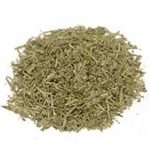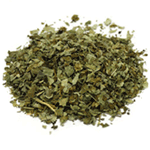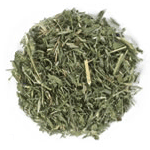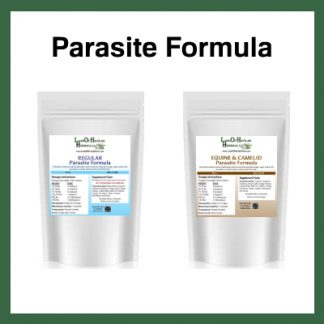Description
Shavegrass or commonly known as Horsetail is from European sources & contains the anti-allergy compound quercetin, but the same herb from North American and Asian usually do not. The plant also contains small amounts of nicotine. Parts used are the above ground parts of the plant.
Origin(s): Albania, Bulgaria, China, Croatia, Ukraine, United States. See our Quality Assurance Testing protocol.
Latin Name(s): Equisetum arvense
Also known as: Horsetail, Scouring rush, equisetum, bottle brush, shavetail grass.
Plant Part(s) Used: Herb.
Appearance: Greenish brown.
Aroma: Slightly sweet.
Taste: Grass-like.
GMO Status: Non-GMO.
Allergen: None.
Additives: Free of any additives or preservatives.
Applications / Preparations: Can be put into capsules, teas, soups, stews, casseroles, sprinkled on various foods or infused as an herbal extract. For cosmetic use can be infused in homemade shampoos, conditioners, soaps, bath scrubs, ointments, creams, lotions & balms. For household use can be used as a natural fertilizer for house & garden plants.
Storage: Store in a sealed container in a cool, dry place.
Shelf Life: It is very difficult to pin down an exact expiration date for most single herbs as they do not really expire, they lose potency or strength over time but will still have value. Unlike synthetic material or drugs, herbs can contain many constituents that contribute to their medicinal effects. Even if when we know what the active constituents are, there are often many of them in a single herb, each with different rates of degradation. Some herbs lose their effect more easily. Other herbs that possess more stable compounds such as alkaloids or steroids will last much longer.
A huge part of the degradation rate of herbs depends also on the storage conditions of the herb, & even on the quality of the herb before storage – how it was grown, harvested, dried & processed. If the product is left in hot places or open to sunlight then it will degrade much quicker than if it was stored in cool, dry place & sealed tightly.
A good rule of thumb is that herbs should be stored no longer than 2-3 years but many herbs will have great strength much longer than that. To determine if a an herb is still good you can check the appearance & aroma. Herbs that are no longer acceptable will have lost much of its vibrant color & will instead appear dull & faded. The bigger key though is to smell the raw materials to see if the potent aroma is still present.
Note: Not for use in persons with kidney disease. Ask our Certified Master Herbalist for assistance.







Reviews
There are no reviews yet.